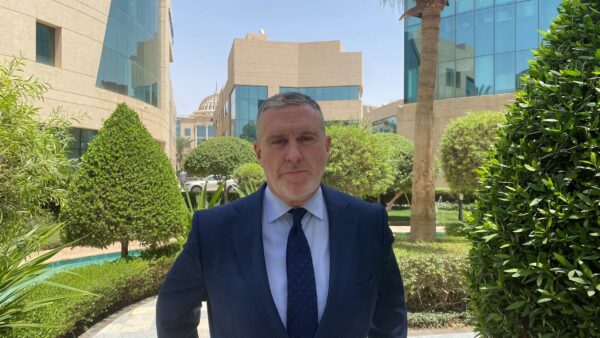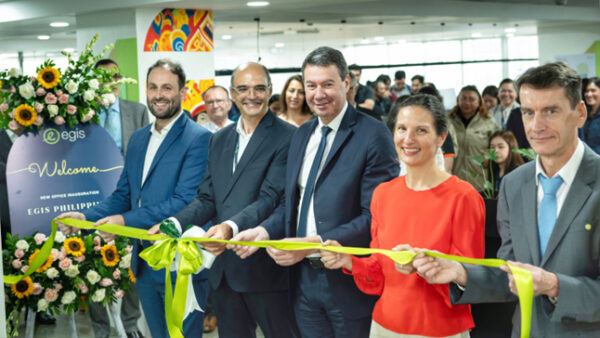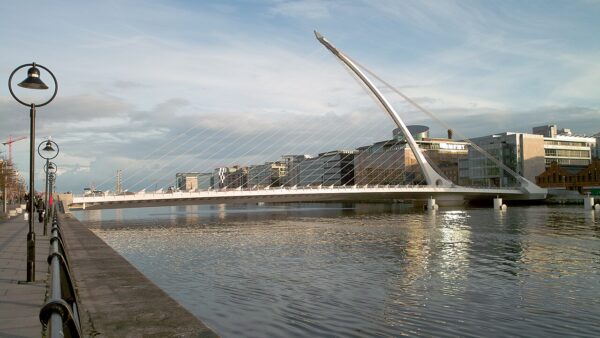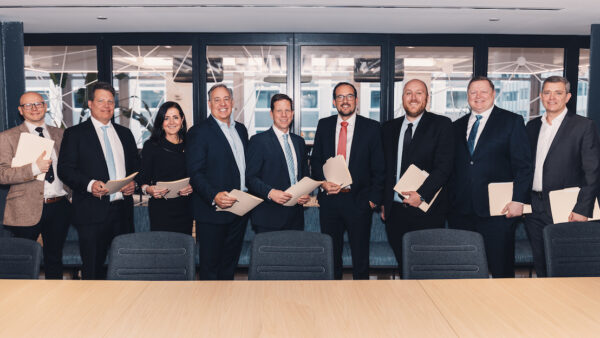Why shouldn’t Ferrovial snap up UK’s Enterprise? There’s not much going on at home…
It may come to be known as the Spanish Model: if you can’t do well at home, make bold acquisitions abroad.
Grupo ACS pinned its hopes on Germany’s Hochtief, and now Ferrovial has dug deeper into the UK with the purchase, for $587m, of the vulnerable Enterprise Plc, provider of waste collection, maintenance and other services to the public and utilities sectors.
Ferrovial already has a big stake in the UK’s built environment.
It bought Bristol Airpoprt in 2000. Then it bought ailing facilities management and PPP firm Amey in 2003. In 2006 a Ferrovial-led consortium bought BAA, operator of seven UK airports, among them Gatwick, Stanstead and Heathrow.
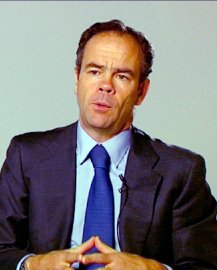
Ãñigo Meirás
And now, pending approval of European competition authorities, it plans to double its presence in the UK with the acquisition of Enterprise. It’s Ferrovial’s first UK shopping trip since the credit crunch.
Announced 21 February, the purchase from investor 3i sees debt-laden Enterprise integrated into Amey. Ferrovial says the new entity will have over 21,000 employees, revenues in excess of $3.5bn and a combined order book of $12.5bn.
Ferrovial wants to use Enterprise to expand in utilities and environmental services. It says integrating the two firms will generate “cost and revenue synergies” worth around $61m.
Enterprise proved troublesome for 3i, which bought the services provider in 2007 at the height of the credit boom for a sum reported to be more than $760m.
Then in 2011, 3i was forced to write off its entire equity stake of more than $300m because of Enterprise’s debts and, in February 2012, 3i appointed UBS to advise it on what to do with its awkward acquisition.
Talks of a sale to Ferrovial were reported in May that year.
Commentators say Enterprise, which had revenues of $1.67bn last year, has done well despite shrinking local authority budgets, and that its capital structure is skewed.
Ferrovial shareholders have good reason to hope for the best. After all, in 2003 Amey’s investors had seen nearly a billion pounds wiped off the value of their investment. Now Amey is doing very well, reporting a 16% increase in revenues last year.
“This acquisition fits with our strategic objective of profitable growth through selective acquisitions and it enables us to expand our services business,” said Ferrovial CEO, Ãñigo Meirás, announcing the Enterprise deal.
This is no corporate hype, because Ferrovial is on to something good.
In February it reported that revenues from outside Spain, which made up more than 62% of total income, had risen 17.3% in 2012 over the previous year.
To take a few examples, in Poland its construction arm Budimex expanded revenues by 7.3% last year, while in Texas, revenues at its civil engineering firm Webber rose by 39.2%.
Business is booming at two major fixed assets, Canada’s 407 toll highway and Heathrow Airport.
And it’s finding ways of turning these assets into even more cash. In 2012 Ferrovial generated $245m in capital gains by selling two stakes in Heathrow Airport Holdings (HAH) to Qatari and Chinese investors, respectively.
The Spanish economy is deep in doldrums, contracting at an annual rate of 1.8%, with unemployment at 26%, but thanks to its international strategy Ferrovial is a model of vigour and resilience.





